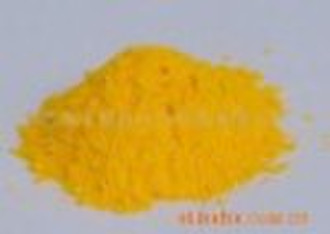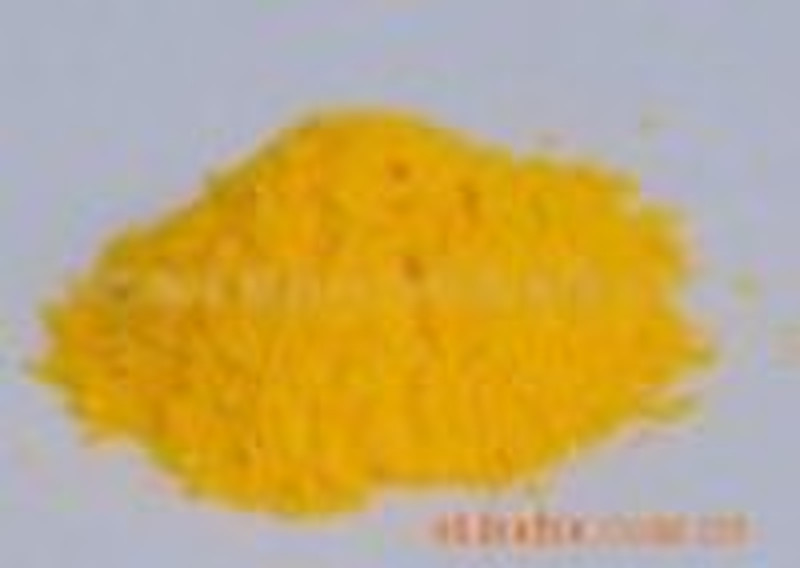Catalog
-
Catalog
- Agriculture
- Apparel
- Automobiles & Motorcycles
- Beauty & Personal Care
- Business Services
- Chemicals
- Construction & Real Estate
- Consumer Electronics
- Electrical Equipment & Supplies
- Electronic Components & Supplies
- Energy
- Environment
- Excess Inventory
- Fashion Accessories
- Food & Beverage
- Furniture
- Gifts & Crafts
- Hardware
- Health & Medical
- Home & Garden
- Home Appliances
- Lights & Lighting
- Luggage, Bags & Cases
- Machinery, Hardware & Tools
- Measurement & Analysis Instruments
- Mechanical Parts & Fabrication Services
- Minerals & Metallurgy
- Office & School Supplies
- Packaging & Printing
- Rubber & Plastics
- Security & Protection
- Service Equipment
- Shoes & Accessories
- Sports & Entertainment
- Telecommunications
- Textiles & Leather Products
- Timepieces, Jewelry, Eyewear
- Tools
- Toys & Hobbies
- Transportation
Filters
Search
coenzyme Q10
original price: 1,00 USD
China

Xinkang Jin
Contact person
Basic Information
Name: coenzyme Q10 Molecular Formula: C59H90O4 Molecular Weight: 863.34 Description: Pale yellow or orange yellow crystalline powder, odorless. Physical distribution: Coenzyme Q10 widely present in yeast, plants, leaves and seeds, and animal heart, spleen, liver and kidney. In humans, ubiquinone mainly in liver, heart, kidney and adrenal tissue, a rough calculation of the total content of coenzyme Q10 in between 0.5 1.5g. Indication: 1 anti-aging: Decreased immune function of increasing age is the result of free radicals and free radical reactions, coenzyme Q10 as a powerful antioxidant alone or in combination with Vitamin B6 (pyridoxine) in combination inhibited the free radicals and cell receptors on immune cells differentiation and activity of microtubule associated modification system, strengthen the immune system, delay aging. 2, anti-fatigue acute and chronic fatigue syndrome (CFS): Body of non-specific immune enhancer, so show excellent anti-fatigue effects, coenzyme Q10 cells to maintain a good health condition, so the body is full of vitality, energy, brain abundant. 3, beauty: Long-term use of coenzyme Q10 to prevent aging skin and light to reduce wrinkles around the eye, as coenzyme Q10 can penetrate into the skin growth layer of oxidation of reduced photon in tocopherol can start the help of specific phosphorylation of tyrosine kinase to prevent oxidative damage to DNA, inhibition of UV irradiation of human dermal fibroblast collagenase expression, protect the skin from injury, has significant antioxidant, anti-aging effect. 4, coenzyme Q10 for the adjuvant treatment of clinical disease following Cardiovascular diseases, such as: viral myocarditis, chronic cardiac insufficiency. Hepatitis, such as: viral hepatitis, subacute hepatic necrosis, chronic active hepatitis. Comprehensive treatment of cancer: can reduce the radiation and chemotherapy cause some side effects.
Delivery terms and packaging
Packaging Detail: 1kg/ aluminum bag25kgs/ fiber durm or according to customer's demand Delivery Detail: 2 workdays
Port: xi'an
Payment term
Telegraphic transfer
Western Union
-
Payment Methods
We accept:









